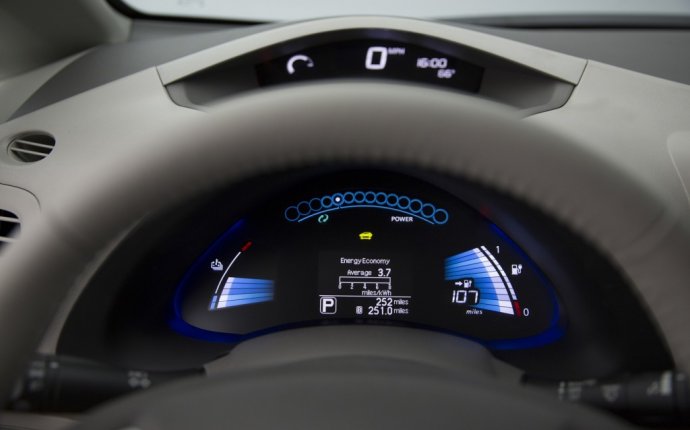
Electric Vehicle cost per Mile
Many EV and PHEV owners will be able to meet their daily driving range requirements by charging overnight with AC Level 1 EVSE, requiring no additional cost or installation, provided that a power outlet on a dedicated branch circuit is available near their parking location. For drivers with less regular schedules, or longer commutes, AC Level 2 charging equipment can be purchased and installed. State incentives may be available to help offset the cost.
The most basic AC Level 2 products have standard safety features and status lights. More advanced, "smart" AC Level 2 products have features such as enhanced displays, charging timers, communications capabilities, and keypads.
Installation contractors can inform homeowners if their home has adequate electrical capacity for vehicle charging. Some homes might have insufficient electric capacity for AC Level 2 equipment. However, homeowners may have a qualified electrician add circuits to accommodate the capacity needed for AC Level 2 charging.
Complying With Regulations
Electric vehicle supply equipment (EVSE) installations must comply with local, state, and national codes and regulations. Appropriate permits may be required from the local building, fire, environmental, and electrical inspecting and permitting authorities.
You can learn about related codes and standards on the Codes and Standards Resources page. Electric vehicle charging equipment is considered a continuous load by the National Electrical Code (NEC). Your electrical contractor should understand and apply the current NEC for a safe and code-compliant installation. NEC Article 625 contains most of the information applicable to charging equipment. If possible, consult vehicle manufacturer guidance for information about the required charging equipment and learn the specifications before purchasing equipment or electrical services.
In many areas, a site installation plan must be submitted to the permitting authority for approval before installation.
Electricity Costs for Charging
The fuel efficiency of an all-electric vehicle may be measured in kilowatt-hours (kWh) per 100 miles rather than miles per gallon. To calculate the cost per mile of an all-electric vehicle, the cost of electricity (in dollars per kWh) and the efficiency of the vehicle (how much electricity is used to travel 100 miles) must be known. If electricity costs $0.11 per kWh and the vehicle consumes 34 kWh to travel 100 miles, the cost per mile is about $0.04.
If electricity costs $0.11 per kilowatt-hour, charging an all-electric vehicle with a 70-mile range (assuming a fully depleted 24 kWh battery) will cost about $2.64 to reach a full charge. This cost is about the same as operating an average central air conditioner for about 6 hours. General Motors estimates the annual energy use of the Chevy Volt is about 2, 520 kilowatt-hours, which is less energy than what is required to power a typical water heater or central air conditioning. To compare the fueling costs of individual models of conventional and plug-in vehicles, see the Vehicle Cost Calculator.
For EV and PHEV charging, the stability and planning benefits of household electricity rates offer an attractive alternative compared to traditional petroleum-based transportation. Learn more from Idaho National Laboratory's report: Comparing Energy Costs per Mile for Electric and Gasoline-Fueled Vehicles.









